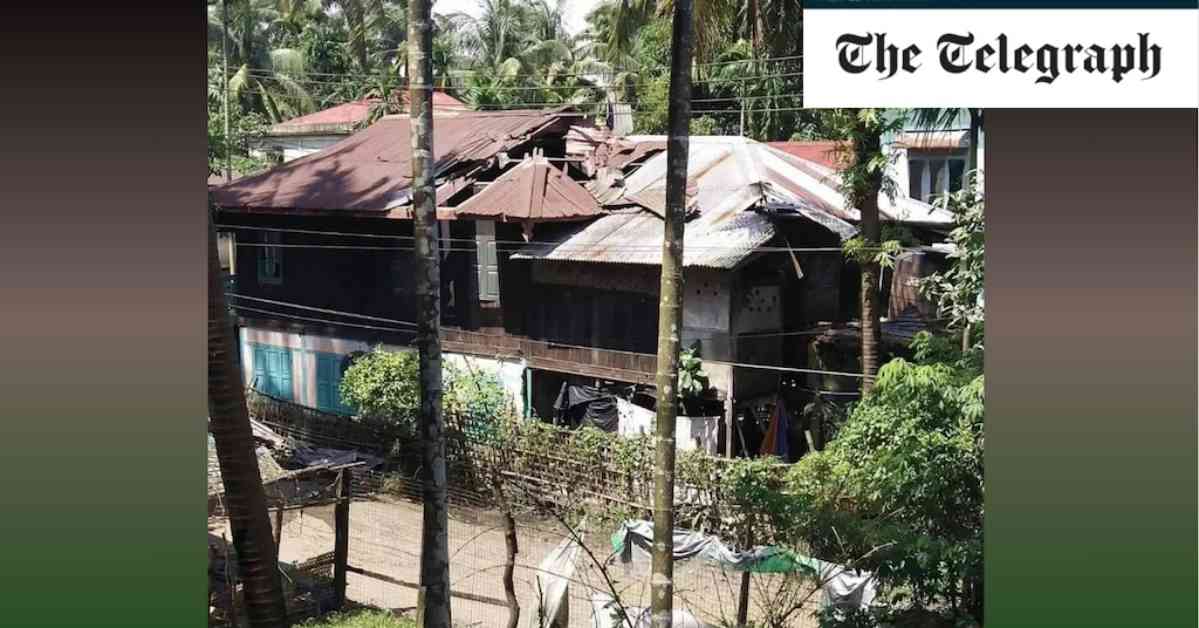Families with young children were among scores of Rohingya Muslims killed in a drone strike as they tried to flee Myanmar. The attack took place near the coastal town of Maungdaw, and the aftermath was devastating, with bodies scattered on the ground and belongings left behind.
The victims were waiting to cross the border into Bangladesh, seeking safety amid escalating tensions in Rakhine state. This region has been a site of violence, with the military being accused of ethnic cleansing in recent years. The UN has condemned these actions, and many Rohingya have fled to Bangladesh as a result.
Human Rights Watch has expressed concern about the situation, stating that ethnic cleansing is once again a threat in Myanmar. The Rohingya people are caught in the middle of a civil war between the military and the Arakan army, facing atrocities from both sides.
In addition to the military attacks, there are reports of forced recruitment of Rohingya men and boys to fight against the Arakan army. This has further escalated tensions and led to communal violence, with relationships between communities deteriorating.
Survivors of the drone strike described the harrowing experience, with many lives lost, including women and children. The situation is dire, with Médecins Sans Frontiéres (MSF) treating a surge in violence-related injuries among Rohingya refugees in Bangladesh.
The conflict in Rakhine state has been ongoing for months, with various attacks and atrocities reported. Human Rights Watch has documented instances of arson, beheadings, and destruction of villages, attributing these actions to the Arakan army.
Calls for international intervention and humanitarian assistance have been made to address the crisis and protect the Rohingya population. The need for targeted sanctions, weapons embargoes, and accountability for those responsible for the violence is crucial.
The plight of the Rohingya people, who are the world’s largest stateless population, underscores the urgency of the situation. Governments and organizations must work together to prevent further loss of life and ensure the safety and well-being of the Rohingya community.












